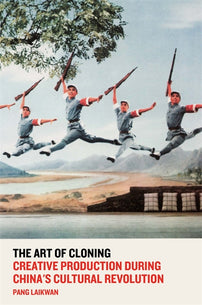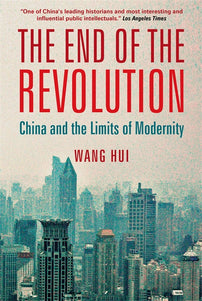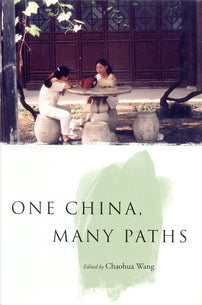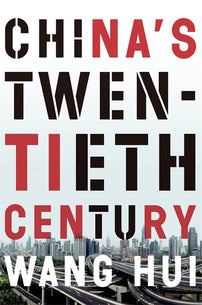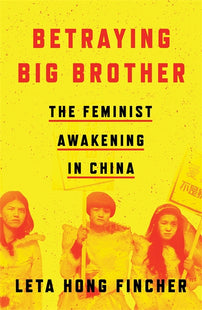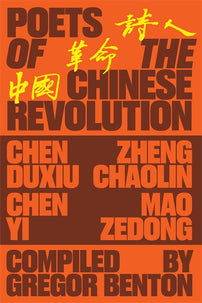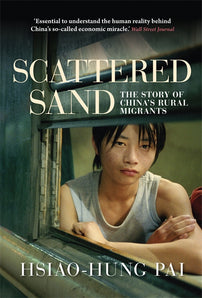Hong Kong’s Sinkhole
The protests in Hong Kong continue to escalate. Yet, the Western left has struggled to come to terms with the situation – torn between the contradictory desire to support the movement and the mainly liberal democratic demands of the protestors themselves. In this article, Pang Laikwan analyses the nature and stakes of the movement.
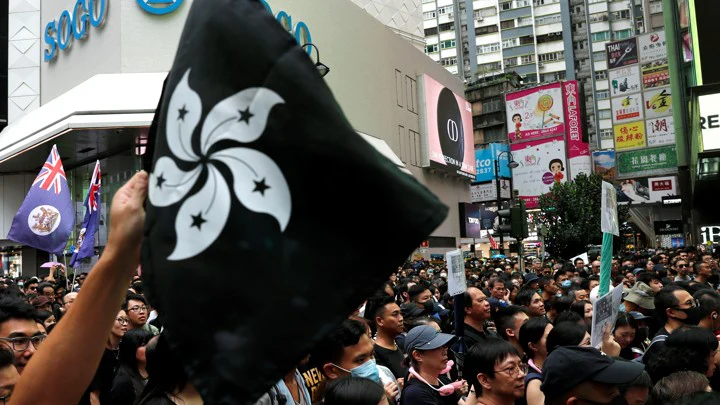
I am often asked how Xi Jinping compares to Mao Zedong, and whether another cultural revolution is approaching. To this, my responses are always consistent: Xi might want to model himself on Mao for his leadership skills and charisma, and they might share a common will to power; but from the perspective of political philosophy the two Chinese leaders are polar opposites. The former Party chief truly believed in revolution, while the current one seems to be interested only in protecting the status quo. Mao was an exceptional Chinese leader, willing China into chaos with an, ultimately unrealistic, hope that only a radical social upheaval could save the Chinese people from feudalism and capitalism. Xi however understands and appeals to the deep Confucian and pragmatic psychology of the Chinese people with the promise of perpetual order and wealth. Under Xi’s leadership, there is no chance of a repeat of the 1966 Cultural Revolution in China. Yet what is possible is a new political movement, one that could happen at any time and taking a completely different form to wreak havoc once more.
[book-strip index="1" style="display"]Somehow, a new generation of the Hong Kong people, mostly born after the colonial era, do not buy into the Chinese dream. Instead, they have been attracted by the western liberal democratic values of liberty and democracy, however dysfunctional parliamentary democracy has proven in many so-called liberal democratic countries. Perhaps this, and the unappealing sight of so many young Hong Kongers seeking help from British and American conservative politicians, is why the global left has been slow and hesitant in response to the crisis on the island. There is already a widespread hatred of China in the West, which is energizing their conservative forces.
But the question remains: is China still a part of the global left? It suffices to look at a few examples. In the WTO, China insists to be treated as a market economy, with the aim of refuting the “anti-dumping” levies the EU and the US charges on Chinese goods. At the same time, the Communist Party is quick to arrest self-declared leftist members of the only Marxist Society in Peking University, because they dared release an investigative report on the exploitation of the logistics workers at the university. Yet, most of the other leftists in China are in full support of the state, blaming all social problems back to the market economy!
Perhaps here we must be reminded that a mechanical Marxist class analysis cannot fully comprehend the situation in Hong Kong. There is a plethora of social problems in Hong Kong, and economic injustice is a grave issue here. But central to this movement is a simple, perhaps naive, democratic wish. Let us remember Mao's teaching that we need to differentiate primary political antagonism from secondary social conflicts. It is the genuine anxiety of the “two-systems” yielding to the “one-country” that fuels the recent movement. The more Beijing is unwilling to face this root cause, the more the young people believe that their future is doomed, and they have no other choice than fighting back.
In the last four months the city has been caught in a rapidly expanding sinkhole, where the many formerly effective social institutions have collapsed and the people are engulfed by intense emotions of rage, desperation, and fear. Violence is escalating, and the two camps are fiercely polarized. The resentment of many of the locals to the mainlanders is brought to the fore when the mask of the polite society is ripped off. Instead of the usual finger pointing, maybe we should understand how frustrations and anxiety are produced by a state that does not honor the identity of a city it does not own.
[book-strip index="2" style="display"]At the same time, many people here are also asking sincere questions and redeveloping alternative networks. There are real participatory democratic activities happening, and people are helping out. As shown in online platforms such as LIHKG, protestors are constantly debating their strategies and are willing to form and follow consensus. We also see the many ways the civil society and neighborhood communities supporting the frontline protestors: giving food and shelters, providing funds for legal defense, churning out high quality propaganda materials, and forming a vast underground of getaway cars driving the protestors away from the streets. Only when the façade of institutional protection collapses would people face each other truthfully as fellows on whom one must rely.
Hong Kong might be falling but if the city falls, the PRC is also doomed; a crisis that would involve the whole world. Judging from how quick transnational corporations are willing to offer apologies in response to the PRC's demands, the global economy is already directly sutured into China’s state capitalism. If the fall of Hong Kong is politically destined, then we will just have each other to embrace. Hopefully we will have the courage and dignity to survive the fall.
[book-strip index="3" style="buy"]